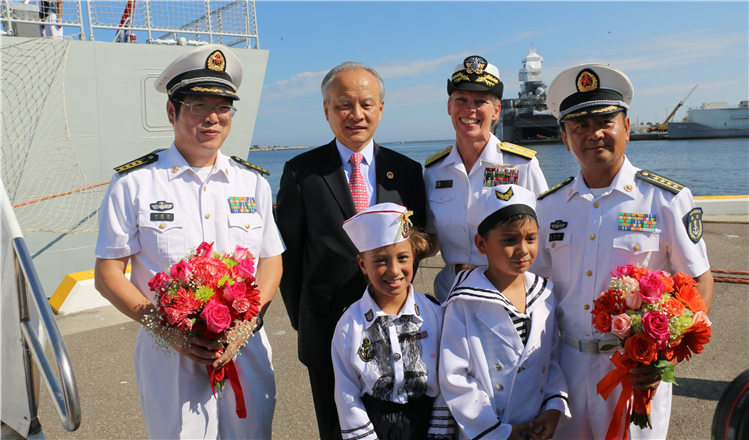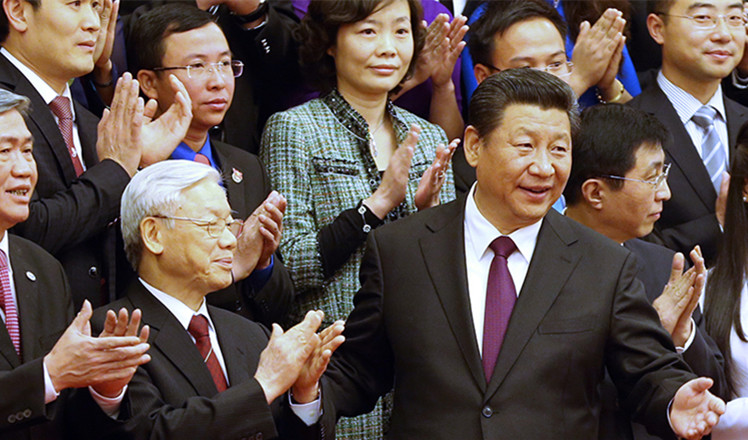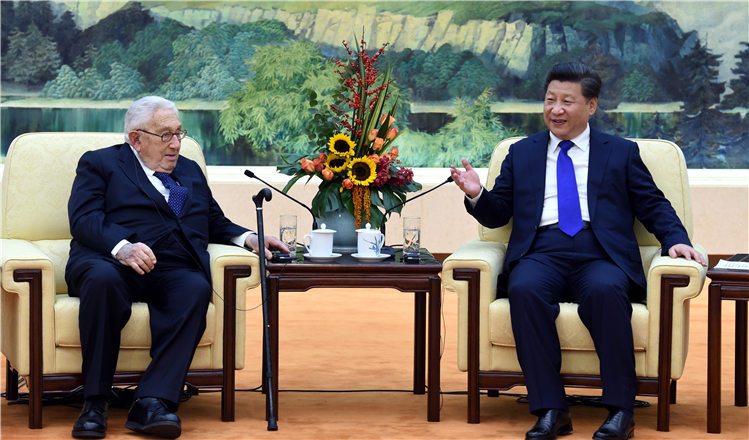US schools go East with campuses
Updated: 2015-10-09 11:19
By Jack Freifelder(China Daily USA)
|
||||||||
Comfort zone
"For both US and Chinese students, spending time to study and work in each other's country provides all of the important benefits of study abroad - it requires students to live and achieve outside of their comfort zone, in a place where practices and expectations are different. This develops flexibility, creativity, persistence, and the ability to appreciate and deal with differences."
The other full-scale branch campus school operating in Shanghai is New York University, which opened in the fall of 2013.
NYU Shanghai is home to 141 full-time faculty and roughly 1,000 students - equally divided among Chinese and international students - in the full undergraduate program, according to Thomas Bruce, a senior counselor at the school. The goal is 2,000 students a year.
NYU's partnership with East China Normal University is part of an effort "to carry out small experiments with approaches to higher education that are different from those generally used at Chinese universities", Bruce wrote in an e-mail.
"A campus in Shanghai advances NYU's overall 'global network' vision," Bruce wrote. "The scale of China along any dimension - its own educational aspirations, and its importance geopolitically and culturally - make it an important place for NYU to be."
A focus on interdisciplinary work helps NYU Shanghai provide students with "a unique, cross-cultural experience," he wrote.
NYU Shanghai offers roughly 20 different areas of study, with undergraduate students eligible for two bachelor's degrees. Students studying for master's and PhDs in the graduate program receive one degree from NYU.
Some 20 miles away from NYU's US campus is Kean University in New Jersey. In 2012, Kean received initial approval from the Chinese government to operate a branch campus through a partnership with Wenzhou University in Wenzhou, Zhejiang province. Wenzhou-Kean University (WKU), welcomed its first class in the fall of 2014.
Holger Henke, associate vice-president for academic affairs at WKU, wrote in an e-mail that the partnership "offers an American university education to Chinese students as well as an opportunity for Kean's New Jersey students to study in China".
"Like other foreign universities operating in China, WKU offers a Western curriculum and pedagogy to Chinese students," Henke wrote. "WKU will also enhance the creativity landscape of Wenzhou by fostering programs such as graphic design and architecture," Henke wrote. "In turn, future demand for new programs at WKU may become an incentive to begin such programs at Kean University in the United States."

 PLA Navy fleet pays visit to Florida
PLA Navy fleet pays visit to Florida
 Peace Ark docks at San Diego
Peace Ark docks at San Diego
 Clinton calls for US minimum wage increase to $12 an hour
Clinton calls for US minimum wage increase to $12 an hour
 High-level exchanges between China and Vietnam
High-level exchanges between China and Vietnam
 Photographer presents 'aristopets'
Photographer presents 'aristopets'
 Photograph portraying Chinese fishermen wins top prize
Photograph portraying Chinese fishermen wins top prize
 World's top 10 economies for doing business
World's top 10 economies for doing business
 Xi: new chances for Sino-US ties
Xi: new chances for Sino-US ties
Most Viewed
Editor's Picks

|

|

|

|

|

|
Today's Top News
Tu first Chinese to win Nobel Prize in Medicine
Huntsman says Sino-US relationship needs common goals
Xi pledges $2 billion to help developing countries
Young people from US look forward to Xi's state visit: Survey
US to accept more refugees than planned
Li calls on State-owned firms to tap more global markets
Apple's iOS App Store suffers first major attack
Japan enacts new security laws to overturn postwar pacifism
US Weekly

|

|







